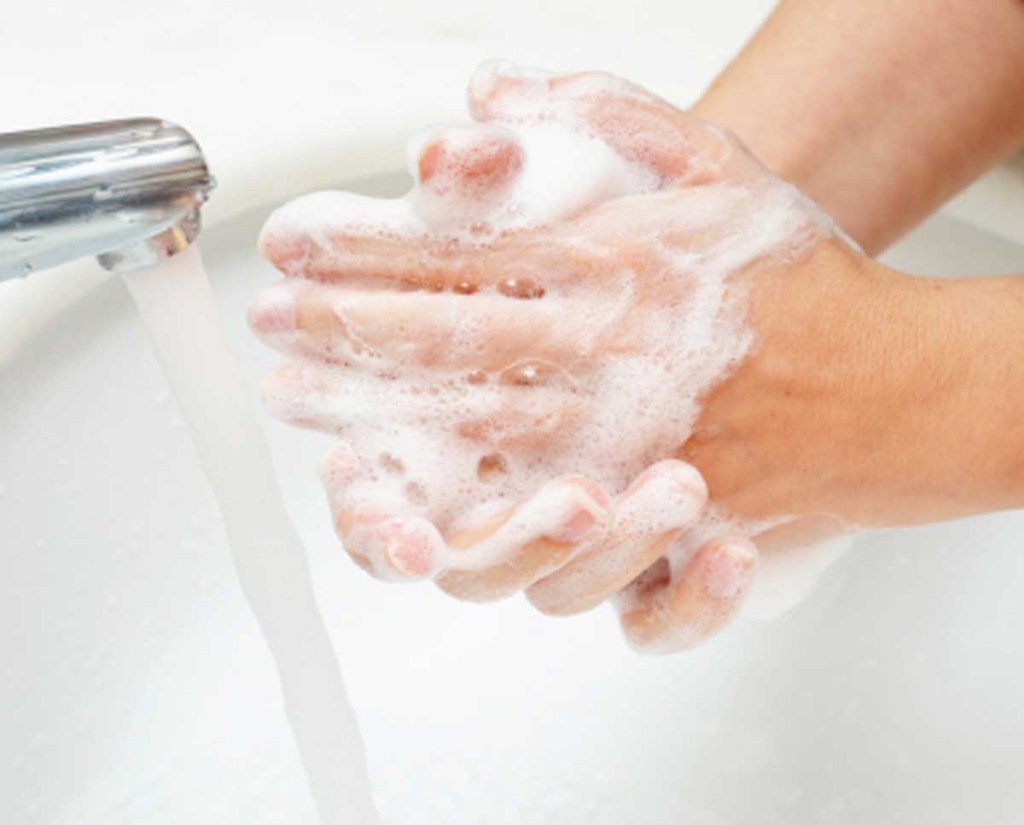Prepare, prevent, don’t panic
Published 5:29 pm Monday, March 9, 2020

- washing-hands.jpg
Everyday brings more news about the coronavirus. The daily news cycle around this is going to continue for a while, mainly because there is much scientists and health officials are still learning about the virus. The incessant drumbeat of information, though, is not a call to panic. Instead, it’s a reminder to take precautions against this illness and others.
This new coronavirus was first detected in Wuhan, China, and has since spread to 70 countries, including the United States. There are many coronaviruses that cause mild respiratory illnesses in humans and animals. Occasionally, as in the case of this virus, one will jump from animals to humans. The disease this virus causes is now being called “coronavirus 2019” or COVID-19. Symptoms include fever, cough and shortness of breath. The CDC says reports indicate most cases are mild, but can be severe especially in older people and people with underlying conditions.
While COVID-19 may be new, the steps to prevent its spread are not. In fact, they are the very things we should be doing to stay well every day and especially during flu season:
Wash your hands regularly with soap and water for at least 20 seconds (how long is 20 seconds? “Happy Birthday” song twice, the chorus of Dolly Parton’s “Jolene” or the chorus of the Bee Gees’ “Staying Alive,” which is also useful for performing CPR to)
Avoid sick people; it’s recommended you keep a distance of at least 6 feet from someone who is sick
If you’re sick, stay away from others
Stay home if you’re sick
Don’t touch your face with unwashed hands
Cover your cough or sneeze with a tissue or sleeve
Routinely clean and disinfect commonly touched surfaces and objects
Find alternative ways to greet people other than a hand shake
Get an annual flu shot. This is not going to prevent you from getting COVID-19, but it will help doctors rule out the flu if you do show symptoms of COVID-19.
Stockpiling surgical masks and hand sanitizer is unnecessary. Masks are not going to prevent you from getting the virus, and should be reserved for people who are actually sick and the health care workers who need them.
Keep in mind, that according to the CDC, most Americans are at low risk for COVID-19. That’s also true in Alabama where there are no reported cases. Despite that, the Alabama Department of Public Health is preparing for the spread of the virus, along with our local doctors, hospitals, schools, nursing homes and emergency responders. They have plans in place and testing kits at the ready.
But good health starts with the individual. Do the things that keep you healthy – eat healthy foods, get plenty of rest, exercise and manage stress – and do the things that will keep you and your neighbors healthy. Wash your hands. With soap. Often.
For more information on COVID-19, visit the CDC website, cdc.gov.

